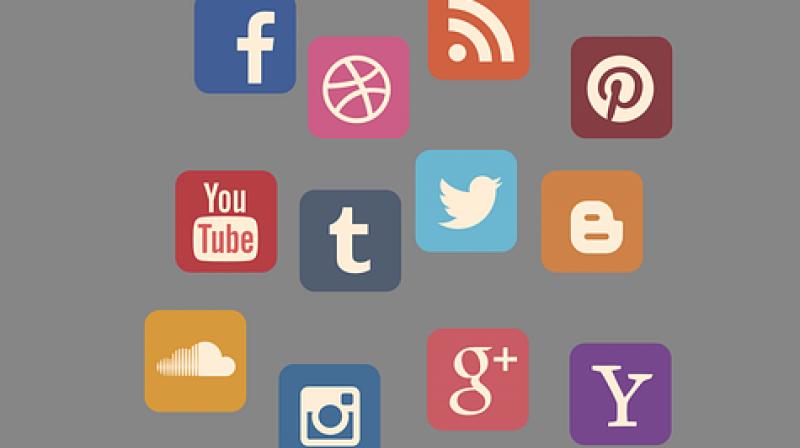Social media: Rising cause of depression among teenagers

Social media has become an indispensable part of our lives. Everybody likes to share the best snapshots of their lives through their posts. But, when it comes to teenagers they do not seem to understand the difference between real and social media life. It is very common to see teenagers hooked with their phones, scrolling the social media platforms.
They no longer care about the conversation being done at the dinner table; they just want to post the picture of their favourite food on Instagram. The number of followers describes their popularity while the likes, the dislikes and the views on a post they share describe how loveable they are. Dr Binita Priyambada – Senior Consultant, Medical Team at Docprime.com shares how social media is responsible for causing depression and related problems among teenagers.
Lay stress to live a perfect life
Teenagers spend a significant portion of their time in scrolling the social media platforms and while they scroll, they come across various posts of the peers partying, travelling, buying expensive stuff, accomplishing new goals and so on. Teens find it difficult to differentiate between the real world and the perfect world as portrayed by social media. They tend to focus more on making their life perfect as per the standards set by the internet and social media.
All these activities, put pressure on teens to live a happy and extravagant life. As per an ASSOCHAM survey 2016 conducted in India, a massive 73 per cent of children in the age group of 8 to 13 years make use of social media networking sites like Facebook. This survey was conducted in Tier-I and Tier-II cities like Mumbai, Delhi-NCR, Chennai, Bangalore, Kolkata, Ahmedabad, Pune, Hyderabad, Lucknow and Dehradun. Given this magnitude of social media usage in India, the teenagers are at a greater risk of developing depression and other mental-health related issues.
Makes teens anti-social
Young people are so caught up with talking with their companions on the web, that they barely appear to possess the time for their families. They tend to interact so less with individuals in person that they don't become familiar with the fundamental skills of communicating. They don't have the foggiest idea of how to decipher the fundamental non-verbal communication and tone. Every one of these elements makes them less sure and sways their public activities, prompting a sentiment of disappointment which later on changes to anxiety and depression.
Gives rise to narcissism
A study conducted in 2011 revealed that teens who use Facebook frequently exhibit narcissistic tendencies. They become fixated on themselves and channelize their energy in self-promoting themselves through these platforms. They centre on clicking and sharing alluring pictures, attempting to make their profiles look adequate. They spend time looking through the best quote that goes with their character and portrays their identity.
All this diligent work is done to simply have a decent online networking presence. The negative side of narcissism is that it influences other youngsters who are unable to adapt up to the pattern. They get influenced by the consistent torrent of updates from friends who present false reality, bringing about low confidence and depression.
Offers a platform for cyberbullying
Social media is a popular medium for children to communicate with their friends and this ability has taken bullying to the next level. It has now become very easy for the teens to reveal secrets and spread a false rumour about someone they don’t like. However, the results could be devastating. In the worst case of cyberbullying, the reputation of a teenager can be destroyed in a matter of hours making children commit suicides.
This is so because teenagers are unable to handle stress and deal with the emotional turmoil that comes with it. A study from Ipsos conducted in 2018, polled parents in 28 countries to determine the rate of cyberbullying amongst children. As per the study, a total of 37 per cent parents across India said that their child was being harassed on the web, with 14 per cent of them saying that the bullying occurred on a regular basis. The cyberbullying rates in other countries among teenagers were UK (17 per cent), Italy (14 per cent), Spain and France (9 per cent) respectively.
The possible solution
The Internet has become such an integral part of our lives that its usage cannot be lowered. However, parents can keep a strict check on the amount of time their teenage kids spend browsing social media. The kids must also be counselled to understand that nobody in this world is perfect and they are wonderful in their own ways.

